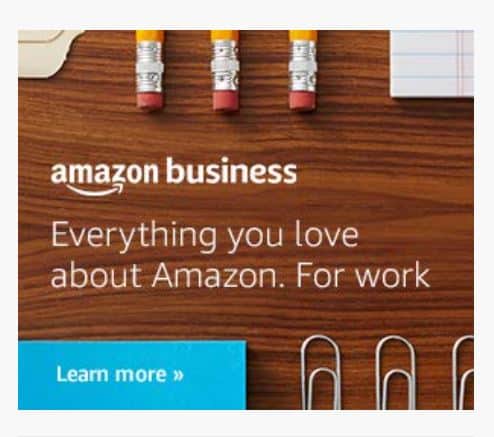Description
Free Gift Offer
TAKE SURVEY | $500 REWARD OR MOBIL $1000 GAS CARD*
Companies undertake surveys for a variety of reasons. To top it off, why do firms pay for survey participation? This brief explanation will assist you in comprehending the fundamentals of surveys as well as paid surveys.
A survey is nothing more than the gathering of facts or information. This data is analyzed in order to arrive at a helpful result. This beneficial outcome could take the form of a new product, improved customer service, or a wider distribution network. All of this is done to improve a product’s consumer happiness. In essence, surveys are statistical in nature. Focus group interviews are a non-statistical method to people’s perspectives.
The findings from the sample are treated to be as though these have come from the whole population. For example, a survey about new features in a car will have only a couple of thousands of respondents across the country. However, the aggregate response from these couple of thousand of people will be treated as if it had come from the whole car owners’ population in the country.
There are options for paper, email, snail mail, phone, and online surveys. While each has its own set of benefits and drawbacks, paper surveys have long been the most popular. As a result of so many surveys being conducted by so many companies, participants have begun to lose interest and involvement in the process. As a result, online surveys have emerged, in which participants can complete the questions at their leisure and even skip sections. There is no obligation or requirement to fill out the surveys.
People are reluctant to participate in surveys since there are so many of them. For this reason alone, people have been offered incentives to participate in surveys. This is the beginning of the paid survey story. Paid surveys are entirely voluntary, so you don’t have to participate in every one. If you meet the criteria, you will be compensated for your participation. This is a win-win situation for all three parties involved: the participants, the research organization, and the company conducting the poll.









Reviews
There are no reviews yet.